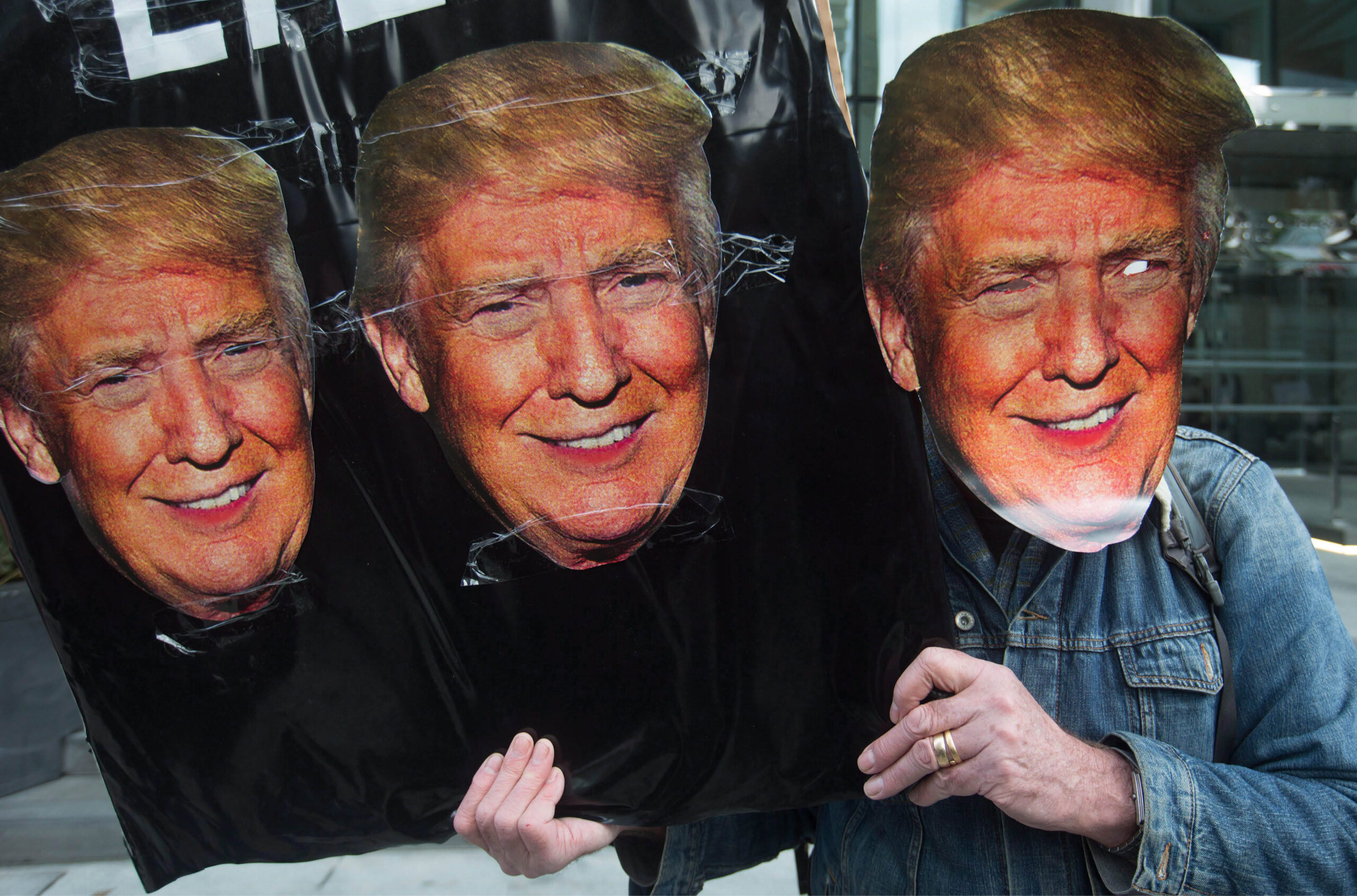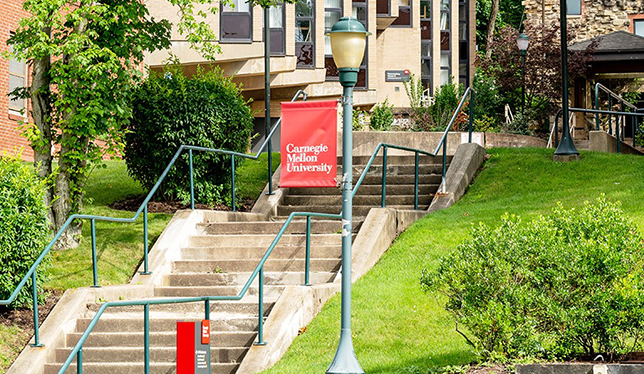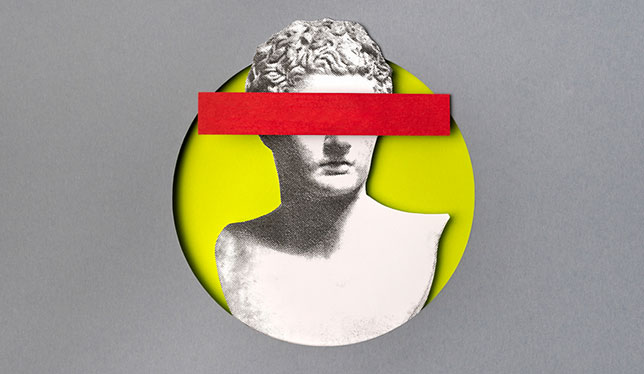Two kinds of academic freedom? Lessons from a scholar who fled Turkey
Should there be a separate conception of academic freedom for precarious and independent scholars?

After last month’s Dispatch was published, I shared it on Facebook. In the comment thread below the post, University of Guelph visiting assistant professor Evren Altinkas provocatively asked “Is it ‘academic freedom’ or ‘freedom of [the] academician?” Intrigued, I asked him to explain the distinction he had in mind. Here’s what he said:
“I mean, which one is (or should be) the main focus in this context? The concept of ‘academic freedom’ involves the freedom of research, expression and so on (the group who exercise these rights can be academic staff, students, independent researchers etc.) However, ‘freedom of [the] academician’ is different, it means the ability of an academic staff (tenure- non-tenure, sessional, minority etc.) to conduct research, study or criticize the institution [they are] employed in. I believe these two concepts are different.”
In this month’s Dispatch, I’ll consider Dr. Altinkas’ proposed distinction between academic freedom as available to all scholars, irrespective of institutional affiliation, and special academic freedom protections afforded to scholars in virtue of their affiliations. Ultimately, I disagree that we should make such a distinction. Nonetheless, I think that Dr. Altinkas raises a really important consideration. To understand just how important, it is useful to know a little bit about Dr. Altinkas’ background.
Dr. Altinkas is one of thousands of Turkish scholars dismissed or forced to resign from their positions in recent years due to pressure from the Erdoğan government. Dr. Altinkas came to Canada and took up his position at the U of Guelph in May of last year through the support of Scholars At Risk. His departure from Artvin Coruh University, and indeed from Turkey, was the final straw in a series of obstacles with and dismissals from Turkish universities he experienced as a consequence of his scholarship on the Kurdish people and his social media criticism of the Erdoğan government. Over the course of eight years, Altinkas’ level of academic freedom varied depending on what kind of university he worked for and what he was working on. One of the low-points during this period was the time that a peer-reviewed journal reneged after accepting one of his articles for publication. The article had successfully made its way through the peer review process, but when the editor learned that Dr. Altinkas was an independent scholar (since he had been forced to leave his university), the journal refused to publish the article. This anecdote helps to motivate Dr. Altinkas’ worry that there are two standards in academe – one for “academicians” and one for everybody else.
Dr. Altinkas raises an important worry. In both my November and January Dispatches I discussed the unequal way that academic freedom is extended to tenure-stream and non-tenure stream scholars, and to minoritized and non-minoritized scholars. It is clear that the postsecondary sector needs to do better in this regard.
That said, I am skeptical about how helpful it is to think about academic freedom for independent scholars. My worry is that such a conception of academic freedom lacks muscle. After all, whose job is it to protect the academic freedom of independent scholars? And what are the penalties for failing to do that job well?
I argued in last month’s Dispatch that scholars’ academic freedom is neither innate nor absolute but rather flows from the scholarly mission of the university. Put differently, academic freedom is guaranteed not by some abstract conception of justice but by the real requirements of institutions. This might seem cynical, I know. But for me, it comes down to the practical question of whose job it is to guarantee academic freedom, and what that guarantee looks like on the ground.
One of my scholarly specializations is American Pragmatism, a philosophical school that in its earliest iteration included such philosophers as Charles Sanders Peirce, William James, and John Dewey. In an early, important contribution to the canon of Pragmatism, Peirce offers what later came to be called the Pragmatic Maxim. The Pragmatic Maxim tells us that meaning lies in possible effects, not in ideas alone. Elsewhere, Peirce likens the Pragmatic Maxim to the Biblical “By their fruits shall ye know them” (Matthew 7:16). The basic idea is that you can tell what people actually mean by seeing how they act. In the spirit of American Pragmatism, then, let’s ask ourselves: how does academic freedom affect conduct in the world? Here are some candidate answers:
- Believing that you have academic freedom can lead you to take chances in your learning, your teaching, your research, your talks and publications, your public remarks, and so on, where taking chances can mean exploring or communicating controversial views, or being at liberty to wander and fail in your scholarship.
- If you have academic freedom, you cannot be disciplined, fired, or expelled by the institution for undertaking controversial work or communications, for changing the direction of your scholarship, for taking a stand on the kind of scholarship you are willing to do, or for criticizing the university or the government.
- If you have academic freedom and someone tries to sue you for your scholarship (whatever form it might take), your university will have your back, which involves, among other things, providing you with legal support, and with good clear paths to receive that support.
- If you have academic freedom and someone doxxes or harasses you for your scholarship, your university will have your back, which involves, among other things, providing resources to help keep you safe, and if the doxxing or harassment takes on a prominent public character, issuing a clear public statement of support for you and your scholarship.
Notice that the first bullet point is about what you may do if you have academic freedom, and the remaining three bullets are about what the university must do if you have academic freedom. The last three are the real test, I think, and are the guarantors of the first bullet point. It is the practical, material way in which the university has my back that gives me the confidence to take intellectual chances. Thus, the last three bullet points are the means to the end of the first bullet point. Without the institutional protection spelled out in the last three bullets, academic freedom is merely an ideal with nothing to back it up. (Or, at least, with nothing to back it up beyond the constitutional protections of expressive freedom available to all residents of countries that have such protections.)
While a pragmatic account like the one I am offering here may seem discouraging, it shouldn’t. Once we understand that academic freedom only exists because of institutional support, we can start to think about practical ways to shape our institutions in order to avoid the kinds of academic freedom gaps that Dr. Altinkas experienced in Turkey.
For instance, once we take on board the idea that academic freedom depends on institutional support, we can call on academic journals and scholarly associations to supplement the academic freedom support that universities provide. This is a great way for tenured scholars to use their tenure. If a journal won’t publish excellent peer-reviewed work by independent scholars, then tenured scholars should themselves boycott the journal. We tenured scholars in countries (unlike Turkey) that have academic freedom can demand that our journals, conferences, and scholarly associations create and faithfully observe standards that offer the widest possible academic freedom protections, including protections for precarious and independent scholars. In this way, we can shore up universities’ institutional support of academic freedom.
And what of universities themselves? Here is another locus for tenured scholars to use their tenure well. We can extend to more scholars the academic freedom protections that are the main province of universities by pushing back against universities’ increasing reliance on temporary, precarious academic personnel; by advocating for better academic freedom protections for precarious academic personnel; and by urging our universities to support organizations like Scholars At Risk that defend academic freedom internationally. Staying informed about global threats to academic freedom not only helps us support threatened scholars from around the world. It also reminds us of the crucial need for universities to have autonomy from governments. When we see domestic governments interfere in universities’ institutional autonomy, we need to use our tenure to oppose such incursions.
In sum, then, I disagree with Dr. Altinkas that there ought to be separate conceptions of academic freedom for “academicians” and for precarious and independent scholars. However, understanding the different levels of academic freedom that these groups enjoy and the material conditions of academic freedom that universities provide can help us both to narrow the gap between scholars and better defend universities.
Featured Jobs
- Veterinary Medicine - Faculty Position (Large Animal Internal Medicine) University of Saskatchewan
- Canada Excellence Research Chair in Computational Social Science, AI, and Democracy (Associate or Full Professor)McGill University
- Business – Lecturer or Assistant Professor, 2-year term (Strategic Management) McMaster University
- Psychology - Assistant Professor (Speech-Language Pathology)University of Victoria
















Post a comment
University Affairs moderates all comments according to the following guidelines. If approved, comments generally appear within one business day. We may republish particularly insightful remarks in our print edition or elsewhere.